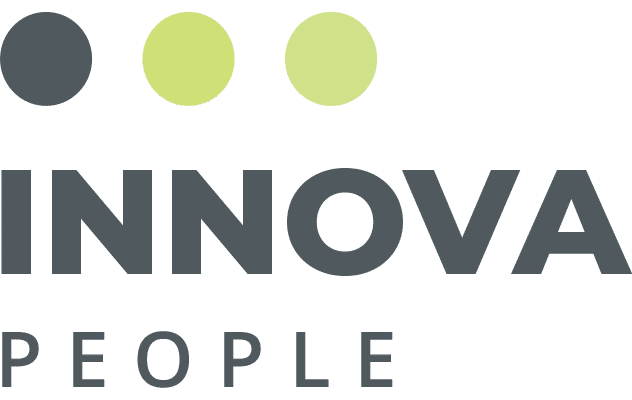From the moment the alarm goes off, you’re inundated with distractions. The pull to respond to the notifications on your phone, emails fill your inbox, and requests pile up. Within moments your attention is scattered.
As our lives have become filled with technology, the distractions we face have increased exponentially. With it, our ability to focus has diminished, but our need to think clearly to make complex decisions has not. More than ever, leaders need to train themselves to be fully present.
How can mindfulness meditation help?
Incorporating meditation into daily practice can help reduce stress, improve decision-making, increase focus, enhance creativity, and boost emotional resilience. Avoid burnout and reduce negative thinking.
The fundamental concept underlying meditation is the intentional act of being still. This can prove to be challenging in a society that values busyness, but its benefits have been scientifically proven.
Now it’s more convenient than ever to learn how to meditate on your own. Popular apps such as Headspace, Sattva, Buddhify, Calm, Healthy Minds Program, and the Mindfulness App, help those discover the benefits of this ancient old practice and guide you along the way. Its benefits have also caught the eye of the business world, as companies like Apple, Google, Ford Motor Company, Nike, McKesson, and American Express offer employees training in meditation programs to enhance leadership skills. Cloud computing giant, Salesforce created “mindfulness zones,” or quiet areas, on every floor of its building in San Francisco.
According to a National Institute for Occupational Safety and Health report, 75% of Americans believe that workers today have more on-the-job stress than people did a generation ago. Constant anxiety increases the risk of mental and health ailments ranging from mood and sleep disorders to cardiovascular disease to musculoskeletal problems to having a negative impact on your relationships and productivity. The estimated $300 billion each year costs U.S. businesses due to absenteeism, turnover, disabilities, and reduced productivity.
David Gelles explains in his book, “Mindful Work,” that a highly stressed employee requires more healthcare spending by the company as compared to a less stressed employee. However, the implementation of mindfulness programs by companies has resulted in decreased healthcare costs.
Pause and take a breath.
Mindfulness meditation, at its origin, is a style of meditation that involves paying attention to sensations, feelings, and thoughts in a non-judgmental way. Research shows that 15 minutes of mindfulness-based meditation results in more rational thinking when making business decisions.
Leaders who focus on mindfulness at work tend to have happier employees and improved morale, according to the results found in this study. Mind training, of which meditation is one form, can change the composition of your mind. Research by Wisconsin’s Richard Davidson demonstrated a direct correlation between mindfulness and changes in the brain – away from anger and anxiety and toward a sense of
calm and well-being. UCLA’s Mindful Awareness Research Center found meditation can improve executive functions (sustaining attention, diminishing distractibility) better than medication in many cases.
What are ways you’re incorporating mindfulness meditation into your business? We’d love to hear what kind of results you are seeing.



